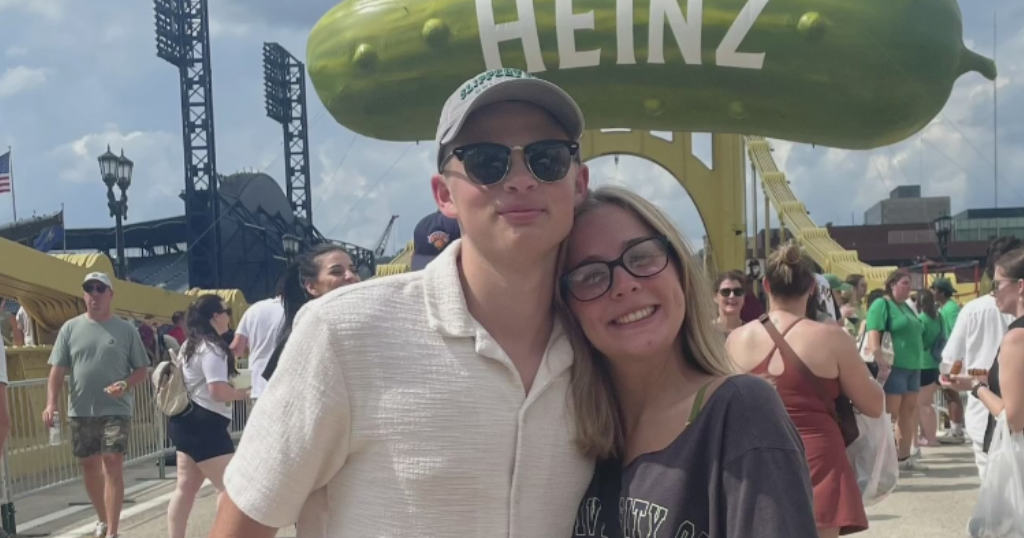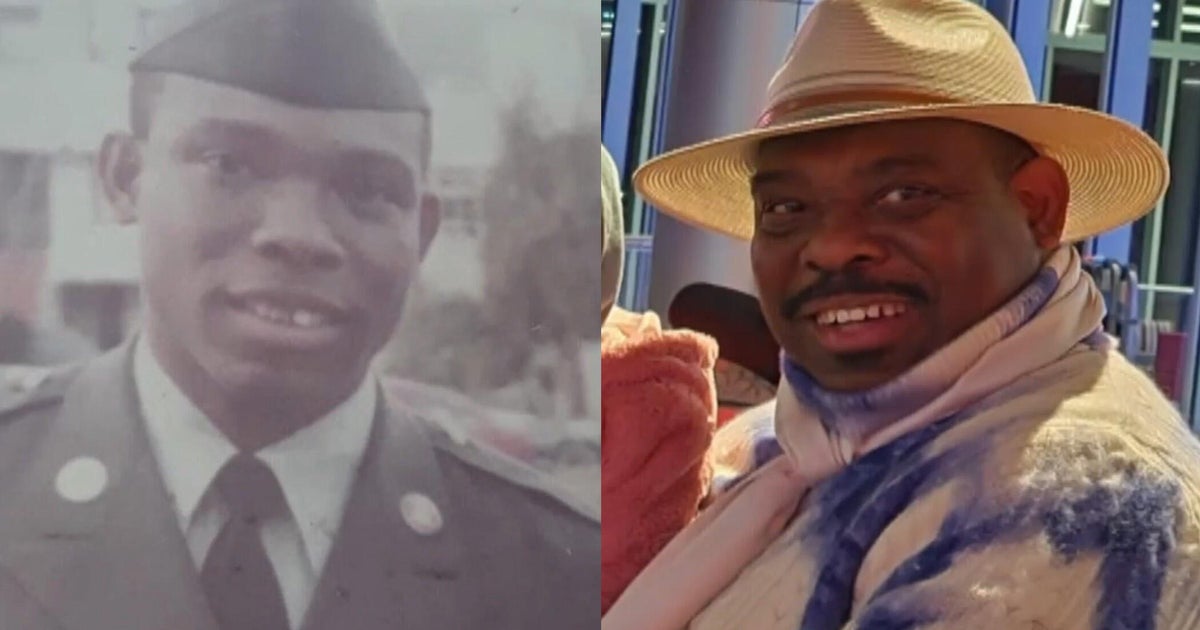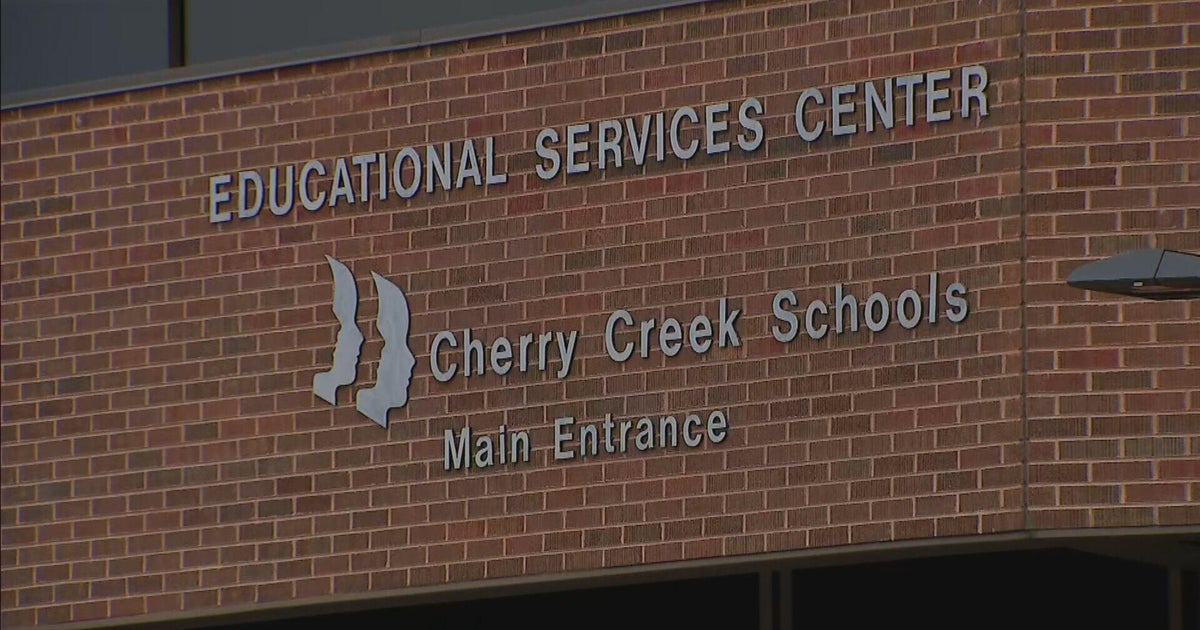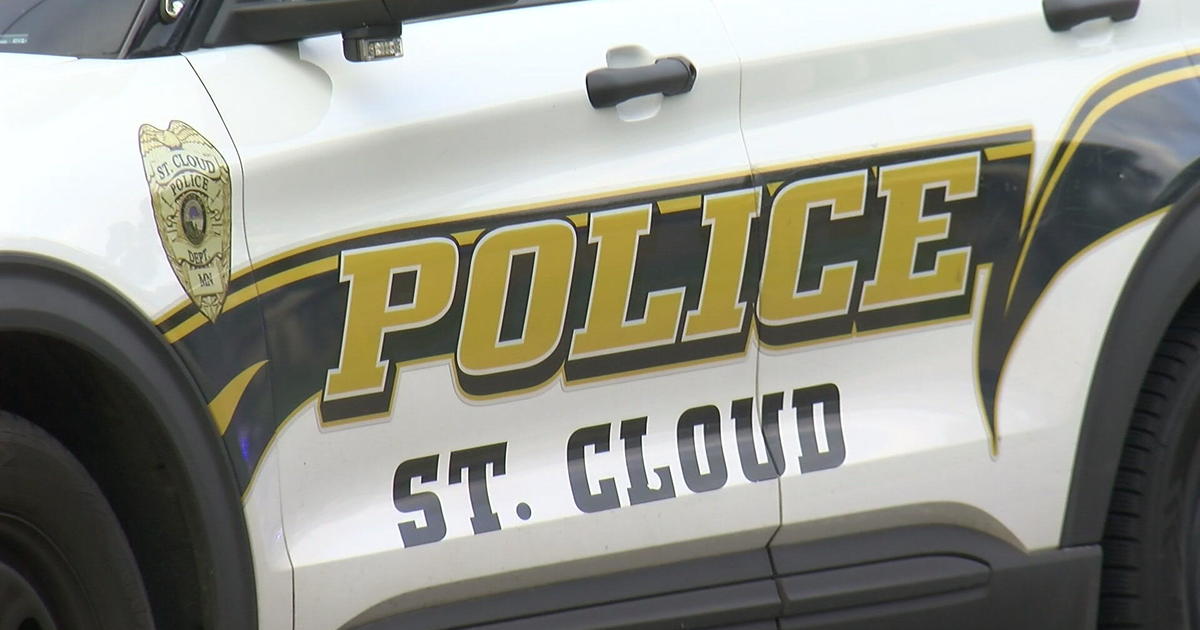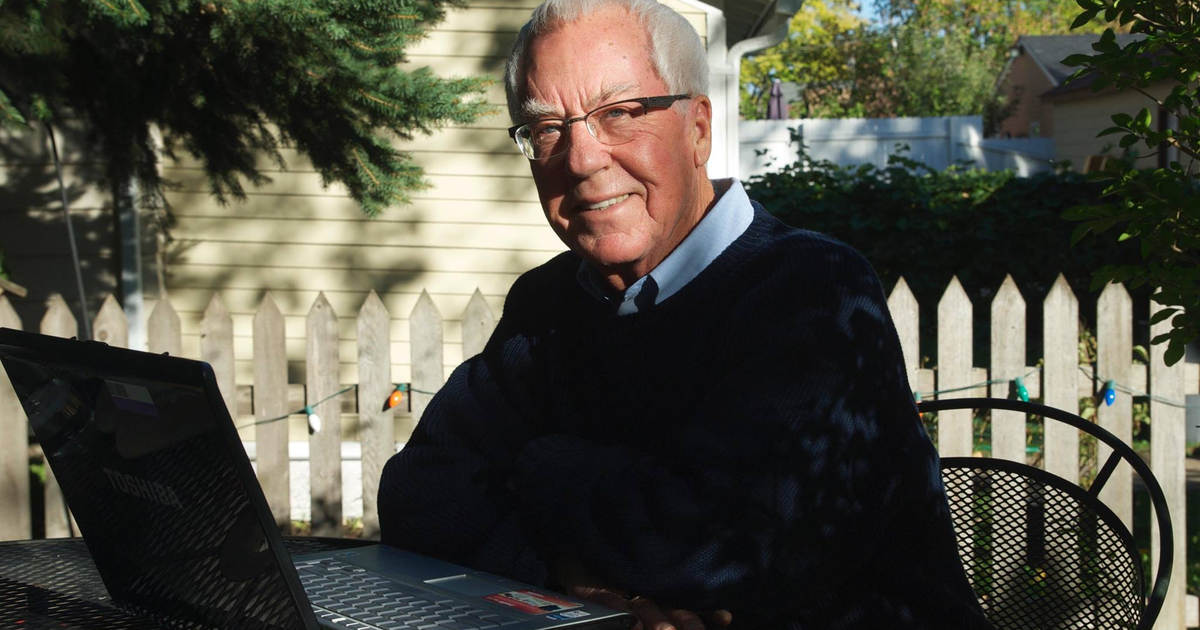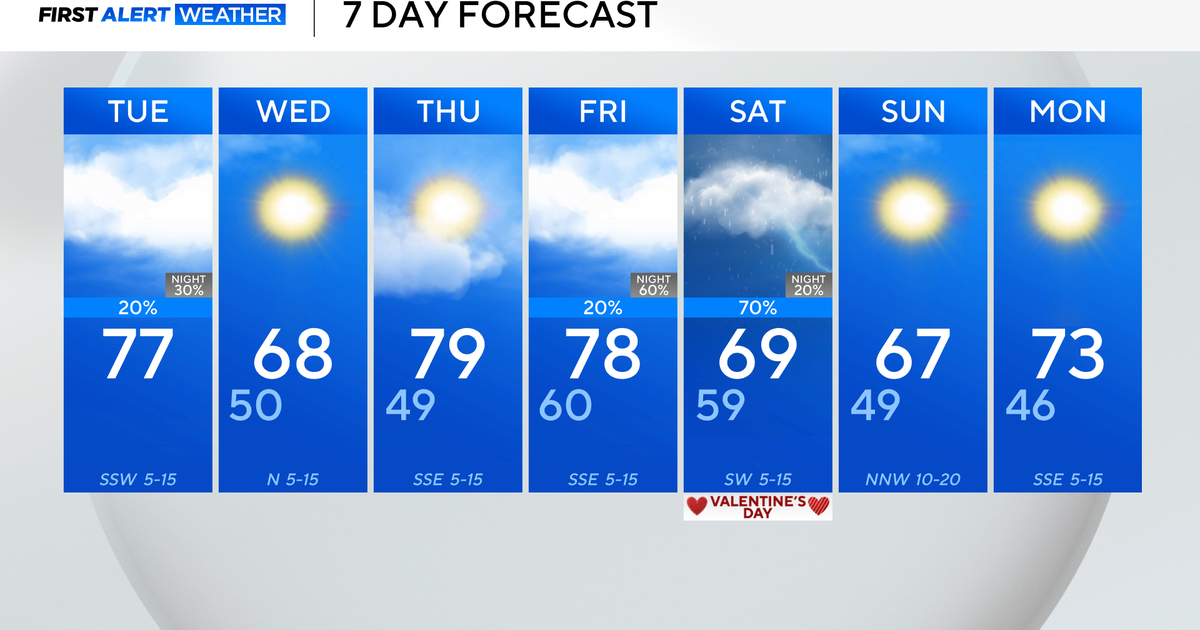Suicide Prevention Experts Troubled By Possible Copycat Suicides After Celebrity Deaths
Follow KDKA-TV: Facebook | Twitter
PITTSBURGH (KDKA) -- First, the passing of fashion designer Kate Spade and then the death of celebrity chef, author and TV personality Anthony Bourdain -- both suicides -- has those working to prevent suicides worried.
"Any type of graphic reporting about suicide, even things that are spread on social media, can really influence people who are currently struggling with thoughts about ending their life," Jennifer Sikora told KDKA's Jon Delano on Friday.
Sikora, who lost her sister to suicide in 2001, is the western Pennsylvania director of the American Foundation for Suicide Prevention.
Delano: "Is there such a thing as suicide contagion?"
Sikora: "Yes, unfortunately, a suicide death that is highly publicized can result in what we can call copycat suicides, and that's an unfortunate reality that has been well-researched, well-studied and well-documented."
RELATED STORIES:
- 'A Great Loss': Chef, Mayor Remember Bourdain's Visit To Braddock
- Report: Calls To Suicide Prevention Hotline Rise In Days Following Spade, Bourdain Deaths
- Celebrity Chef Anthony Bourdain Dead At 61
- Designer Kate Spade Found Dead In Apparent Suicide
- Study: Suicide Rates On The Rise Across The U.S.
Chef Bill Fuller, president and executive chef of the Big Burrito Group that owns several well-known local restaurants like Eleven, Casbah, Kaya and Mad Mex, says his industry colleagues are worried.
"People aren't often really going to ask for help. So a lot of us are worrying, is there someone on our teams or one of our friends who are kind of at the edge? Are they going to take the next step?" he said.
Suicide rates are up 31 percent over the last 15 years, and many employees, underpaid and overworked, are stressed.
"There's been an increasing awareness of helping people in the restaurant business deal with depression, drugs and alcohol, and suicide," Fuller said.
KDKA's Ralph Iannotti Reports:
Dr. Patton Van Nickell, the chairman of the Department of Psychiatry for the Allegheny Health Network, says, "It's not an aberration, it's a 15-year trend. Something's going on that's different than it used to be, more people are taking their own lives."
Sikora says suicides can be prevented.
"Educating people about the ways they can get help, learning the warning signs, talking to each other, getting people better problem-solving skills, better access to health care, mental health specifically -- we can definitely save lives by getting people the help that they need," Sikora said.
Dr. Van Nickell says there are warning signs.
"Major depression, someone who is clinically depressed, and has not been treated. Somebody who has been abusing alcohol or substances puts them at higher risk. Someone who has had a suicide attempt, even if it's taking aspirin or a suicide attempt," he said.
If you or someone you know is in crisis, there's help available.
"There's no treatment that's cookie cutter, what works for one person may not work for someone else," Sikora said. "So, you really need to trial and error, find out what treatment works best for you. But, have some patience with it, stick with it."
The National Suicide Prevention Lifeline is staffed 24-7. Their number is 1-800-273-TALK.
